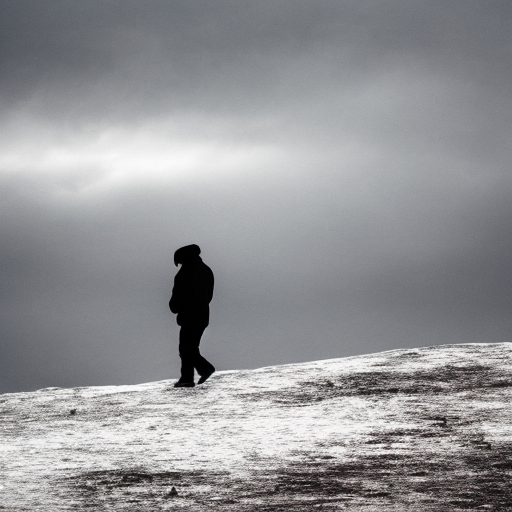Dersu Uzala by Akira Kurosawa: A Tale of Friendship and Nature
Main Cast and Crew:
- Director: Akira Kurosawa
- Writers: Akira Kurosawa, Yuri Nagibin
- Key Actors: Maksim Munzuk (Dersu Uzala), Yuri Solomin (Captain Arseniev)
- Music Director: Isaac Schwartz
- Director of Photography: Asakazu Nakai
- Producers: Yoichi Matsue, Nikolai Sizov
Summary: “Dersu Uzala” is a visually stunning and emotionally resonant film directed by Akira Kurosawa. Set in the early 20th century, it tells the story of Captain Arseniev, a Russian explorer, and his unlikely friendship with Dersu Uzala, a native hunter from the Siberian wilderness. Through their encounters and adventures, the film explores themes of humanity, nature, and the clash between traditional and modern ways of life.
Plot:
Captain Arseniev and his military surveying team embark on a mission to map the uncharted regions of the Siberian wilderness. While exploring the harsh terrain, they encounter Dersu Uzala, a native hunter and tracker. Impressed by Dersu’s survival skills and deep knowledge of the land, Arseniev invites him to join their expedition as a guide.
As the journey progresses, a deep bond forms between Arseniev and Dersu. Dersu’s wisdom and connection with nature inspire Arseniev to appreciate the beauty and simplicity of life. They face numerous challenges together, including encounters with dangerous animals, harsh weather conditions, and hostile tribes.
Over time, Arseniev becomes increasingly aware of the encroachment of modern civilization on the natural world. He witnesses the destruction of forests and the displacement of indigenous people. Through Dersu’s eyes, Arseniev learns to value the harmony between humans and nature, and the importance of preserving traditional ways of life.
Themes and Motifs:
“Dersu Uzala” explores several central themes, including the contrast between civilization and nature, the value of friendship, and the preservation of indigenous cultures. The film highlights the destructive impact of modernization on the environment and indigenous communities, emphasizing the need for a harmonious relationship with nature.
The motif of friendship is central to the film, as Arseniev and Dersu form a deep connection despite their cultural differences. Their friendship transcends language barriers and societal norms, demonstrating the power of human connection and understanding.
Reception and Legacy:
Upon its release in 1975, “Dersu Uzala” received critical acclaim and won the Academy Award for Best Foreign Language Film. The film’s stunning cinematography and Kurosawa’s masterful direction were widely praised. It remains one of Kurosawa’s most visually striking works.
“Dersu Uzala” has had a lasting impact on cinema, inspiring filmmakers and audiences alike. Its exploration of the relationship between humans and nature continues to resonate, particularly in an era marked by environmental concerns. The film’s message of friendship and cultural understanding remains relevant in today’s globalized world.
Recommendation:
“Dersu Uzala” is a must-watch for fans of Akira Kurosawa and those who appreciate visually stunning and thought-provoking cinema. The film’s breathtaking landscapes, powerful performances, and profound themes make it a timeless masterpiece. It offers a poignant reminder of the importance of preserving our natural world and embracing the diversity of human experience.
Memorable Quote:
“Man is a part of nature, and his war against nature is inevitably a war against himself.”












